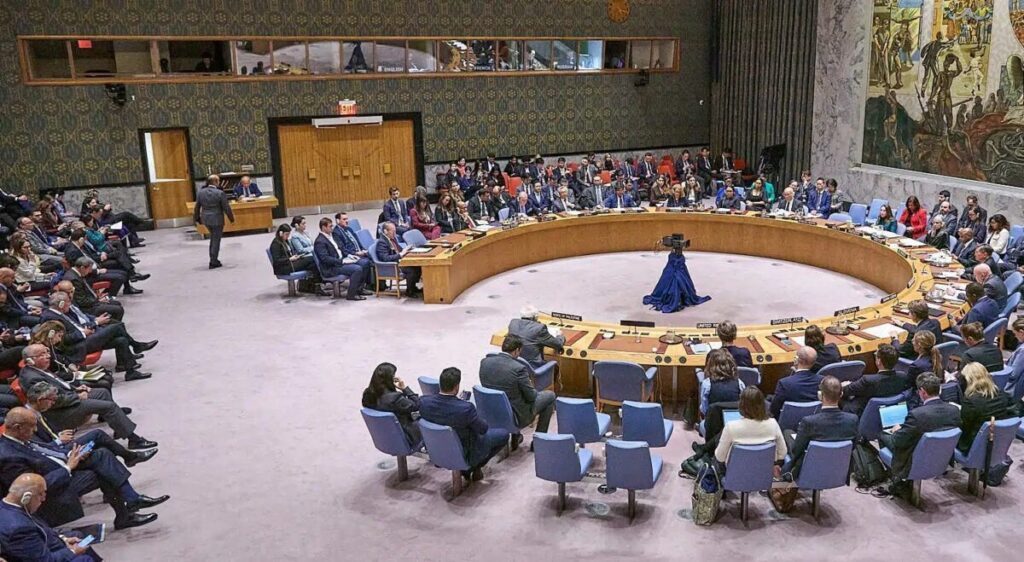
By Amjad Qaimkhani
NEW YORK: On Tuesday, the United Nations General Assembly unanimously decided to continue the intergovernmental negotiations (IGN) on reforming the UN Security Council during its upcoming 79th session. Pakistan has hailed this decision as a vital step towards achieving comprehensive reform of the 15-member body. Ambassador Usman Jadoon, Deputy Permanent Representative of Pakistan to the UN, expressed the country’s support for the continuation of discussions within the IGN framework, calling it the most appropriate platform for advancing reform.
The General Assembly also decided to include the agenda item “Question of equitable representation on and increase in the membership of the Security Council and other matters related to the Security Council” in its next session. This move aims to revitalize discussions on Security Council reform, a topic that has been under negotiation since February 2009. The reform discussions focus on five main clusters: categories of membership, the veto power, regional representation, the size of an enlarged Security Council, and its working methods and relationship with the General Assembly.
UN Secretary-General Antonio Guterres has been a vocal proponent of Security Council reform, particularly advocating for the inclusion of an African country as a permanent member. His spokesperson, Stephane Dujarric, reiterated Guterres’s hope that member states will successfully advance the reform process. The current negotiations reflect a persistent division among member states. The Group of Four (G4)—comprising India, Brazil, Germany, and Japan—continues to push for permanent seats and an expansion of the Council by ten seats, including six additional permanent and four non-permanent members.
In contrast, the Uniting for Consensus (UfC) group, led by Italy and Pakistan, opposes additional permanent seats and proposes a new category of longer-term, re-electable non-permanent members. Ambassador Jadoon called for more active consultations with regional and sub-regional groups, including the African Union, the Arab Group, and the Organization of Islamic Cooperation (OIC). He emphasized the need to address historical injustices by treating Africa as a special case and ensuring greater representation for small and medium-sized countries, including small island developing states.
Jadoon also commended the IGN Co-chairs, Tareq Albanai of Kuwait and Alexander Marschik of Austria, for their efforts in reducing divergences and promoting consensus on the five interlinked clusters. However, he criticized certain member states, notably India, for impeding progress and obstructing the negotiations. He highlighted the difficulties in text-based negotiations due to lack of convergence on the five clusters and stressed that negotiations should adhere to the principle of “nothing is agreed until everything is agreed.”



